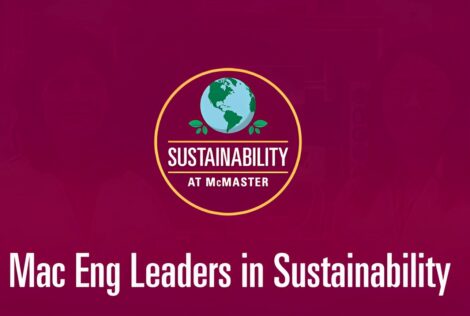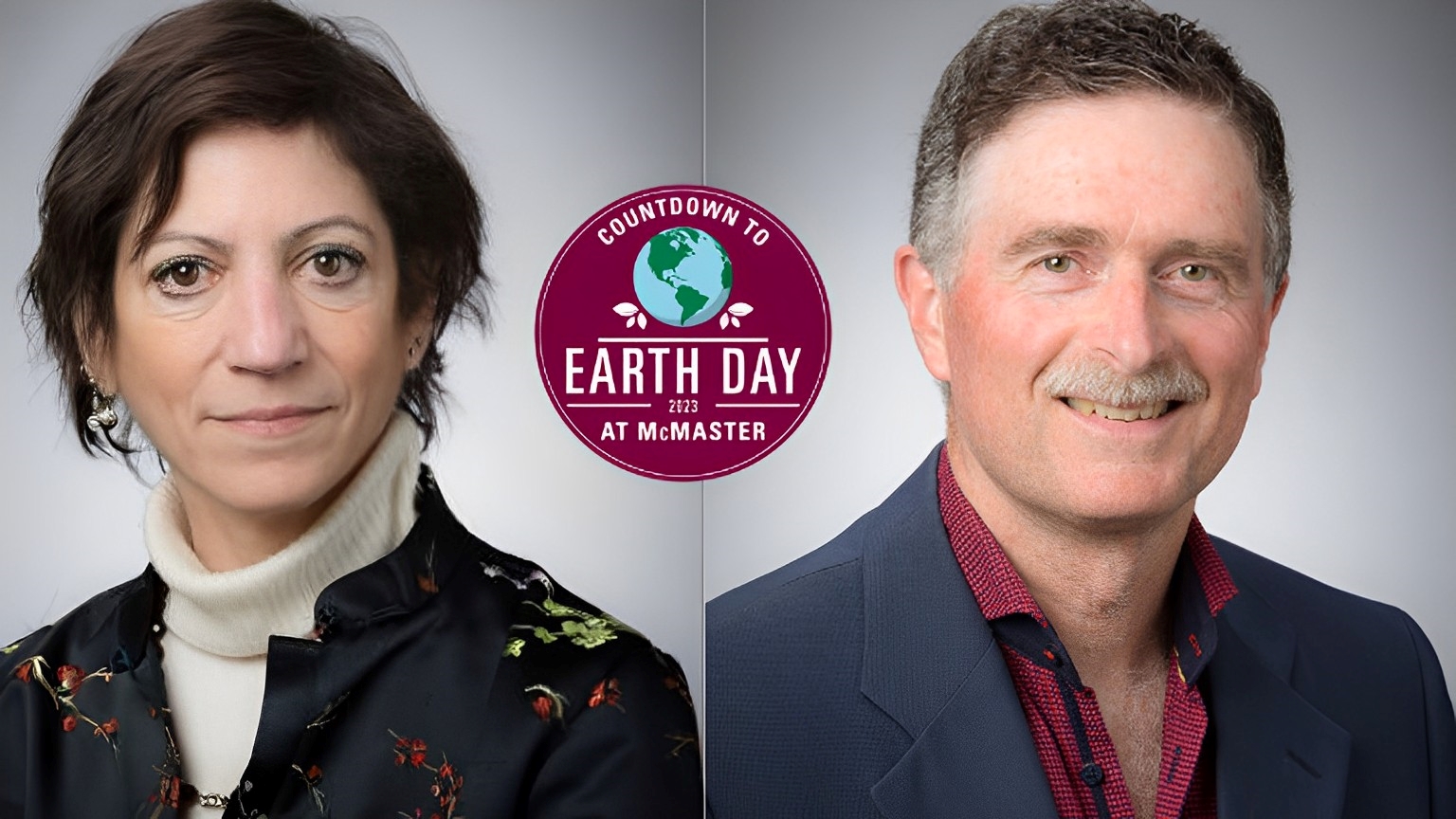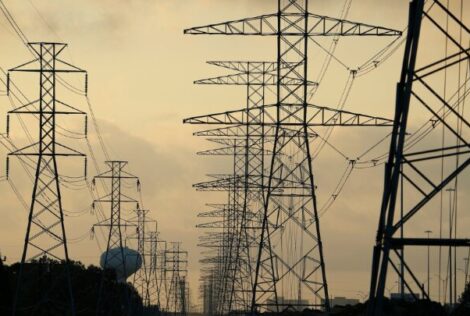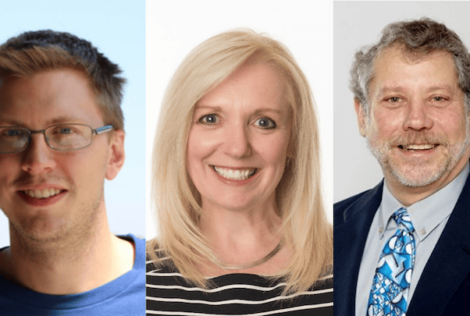

In honour of Earth Day 2023, we spoke with The Booth School Director Dr. Brian Baetz and MEPP Program Lead and sustainability expert Dr. Gail Krantzberg to hear their thoughts on this year’s Earth Day Theme, the role of academia in combating climate change, and more.
Brian Baetz
- The theme for Earth Day this year is ‘Invest in our planet’ – What does this mean to you and how can the everyday person help to invest in our planet? –
Mother Earth is hurting, and we all need to help bring the planet back to balance. We need to live more consciously, and think and act deeply about how we consume and what we support with our time and financial resources. A good first step for us all is to simply unplug more and spend more time connecting with nature. Simply stand outside and take in the grandeur of the budding plants, beautiful birdsong and the vastness of the sky. No cost, huge benefits…now that’s my kind of investment!
- Given that our School works collaboratively with several community partners (industries, government, NGOs), what message do you have for our community partners on Earth Day? How might they integrate the essence of Earth Day in their daily work?
Our community partners are all working hard to provide products and services for their clients and customers, often aided by student and faculty expertise from the Booth School. I would simply encourage them to think even more broadly about the environmental impacts of what they do, and ask their community engagement teams to dig deeper into providing even more sustainable solutions to the problems they are studying.
- I understand you are currently working alongside Greg Zilberbrant on a project involving The McMaster Forest, can you tell us a little about the project?
Dr. Greg Zilberbrant and I are working on how we can best expand the Mac Forest holdings, as part of the Cootes to Escarpment EcoPark System, to provide an interconnected system of outdoor experiential learning spaces and community engagement spaces. This will have so many positive dimensions—climate resiliency, physical and mental health benefits for campus and community stakeholders, reconciliation. We are working with colleagues in the Faculty of Science and other units across campus, and hope to facilitate the birthing of green infrastructure that will be used to develop a vision for an improved world with restored and regenerated ecosystems.
Gail Krantzberg
- Messaging around environmental challenges often includes dire warnings and a sense of urgency, but do you see any innovative opportunities ahead of us, can we be optimistic?
We can reform our work force and industrial practices to train future leaders in, and invest in innovative technologies, such as clean tech corridors, low carbon water reuse, carbon neutral buildings and so many more societal services. We can lobby our political leaders to address this transformation. If done intentionally with the proper public and private investments, Canada can be a leader in disruptive innovation and build a sustainable economy while sharing these technologies with the globe.
- What advice do you have for people who want to work toward a more sustainable and healthy future?
Understand how the choices you make everyday affect your surroundings. Do you really need to buy produce from the other side of the globe and contribute to massive green house gas emissions? Do you really need to eat animals everyday given that it takes orders of magnitude more water and energy to get them to your table compared to a plant based diet? You need not be a purist about this, but every step you make has a cumulative impact on the world. This Earth Day, plan to grow a few of your own vegetables, save money, and eliminate long distance travel for at least some of your produce. Learn and understand where you water comes on when you turn on the tap. Then understand where your used water (grey and black) goes when it leaves your home. You will likely find out it goes back to the water body where you get your drinking water. Rethink what you pour down your sink. Get out into nature, it is good for your physical and mental health and will reinforce why it is that you are doing the right things.
- The awareness of environmental challenges seems crucial in all aspects of life. What role might Academia play to integrate this awareness in our curriculum and beyond?
Schools need to teach our children how everything is connected to everything else (as Barry Commoner famously stated). Higher education should make mandatory the study of what deep sustainability really is, go beyond greenwashing the curriculum. Teach those in humanities, political science, medicine, the arts, geography, engineering, biology, history and so one what it means to optimize the health of people, the economy, and the natural environment. This is a transdisciplinary challenge requiring all students of all ages to engage if we are to have a planet that can continue to support humankind. Because right now there are places that cannot, and we need to halt that tragedy and turn it around. Academics have a responsibility to teach this to the youth who will be responsible for their future in time.


